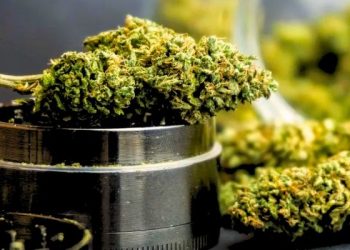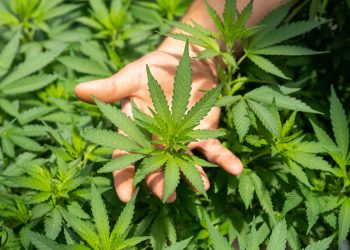Interested in shopping for cannabis-derived products? You’re in luck — today, there are thousands of products lining the shelves now that these products can legally be sold in the United States. When deciding whether to purchase a product containing CBD, or cannabidiol,
you should keep a number of factors in mind, including what type of product you’re interested in; what it is purported to do; the producer or manufacturer of the product; and its potency.
Because not all of these products are subject to Food and Drug Administration (FDA) regulation, you’ll also want to check the label to make sure that what you think you’re buying is what you’re buying. Here’s a closer look at how you can safely buy, and use, these products.
CBD Products Are Used for Different Purposes
Products containing CBD include:
- These include gummies, teas and chocolates; they come in different strengths.
- Lotions and creams.These are massaged into the skin and come in different strengths.
- Tinctures and oils.These may have an alcohol, oil or glycerin base, and come in different flavors and strengths.
- A vaporizer can deliver CBD through inhalation, but this can cause other health problems including lung damage.
CBD is the most abundant cannabinoid, or compound, that is found in cannabis other than tetrahydrocannabinol (THC), the substance that produces the “high” associated with cannabis.
CBD may help combat inflammation, help ease pain, help ease anxiety and have a sedating quality, among other things. Recent studies show that the majority of people use CBD to help treat conditions such as anxiety, depression and pain. Most people can tolerate CBD well, and it appears to have few side effects.
The Importance of the COA
Look for the COA, or certificate of analysis, when purchasing CBD products. A COA is designed to offer confirmation that the product you’re purchasing contains the same amount of CBD that the manufacturer claims or advertises. For legitimate, accurate results, the COA should come not from the manufacturer, but from a third party.
Review it closely to determine how much THC, CBD and other cannabinoids the product has. It should also indicate whether the product contains any microbes or pesticides or has been contaminated with any chemicals or heavy metals.
Look for a CBD manufacturer that puts its COAs online so that you can review them before purchasing their products. You also check if the COA comes from a lab that follows the International Organization for Standardization guidelines, which is a sign the lab is respected.
Read the Label Before You Choose
Be aware that there are different terms used in CBD products, including:
- Broad-spectrum CBD.If the label says this, the product typically contains no THC, but does contain other cannabinoids.
- CBD isolate.If the label says this, this means that the product contains only CBD from the cannabis plant and no other compounds. While some research suggests that CBD products that contain other cannabinoids may be more effective, some people choose to use CBD on its own.
- Full-spectrum CBD.If the label says this, the product contains other compounds in addition to CBD, and may also contain small amounts of THC, typically less than 0.3 percent, which is what federal law requires. (This amount is insufficient to cause a “high.”)
Check the potency of the product you’re buying, too. Most CBD products display the dosage of their products in milligrams, but there is little evidence about how much CBD should be used for different products. The smartest approach is use a product with a low dose and gradually increase what you use until you get the results you’re seeking with a minimum of side effects. The right amount for you will depend on a variety of factors including how it’s used, how much CBD the product contains, your metabolism and your tolerance level.
Before You Use a CBD Product
Many people swear by CBD products, and you may find them effective as well. However, while CBD products are usually safe, they can interact with drugs and cause side effects; if you are taking any medications, talk to your doctor about possible interactions before taking or using products that contain CBD. And if you’re pregnant, or trying to get pregnant, you should also avoid CBD as it’s not known what effect it may have on a developing fetus.
This post was written by the team at 420DC, a dispensary directory.










